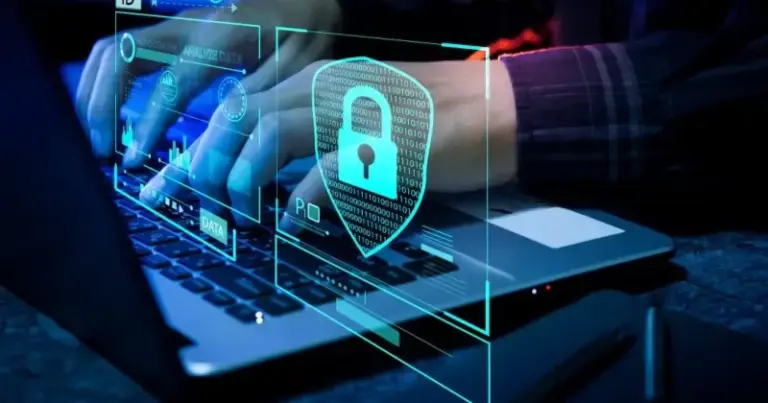Small and medium-sized enterprises (SMEs) are the backbone of Nigeria’s economy. They provide jobs, sustain local commerce, and drive innovation. Yet, while entrepreneurs focus on sales, funding, and expansion, there’s a less visible factor that increasingly determines whether a business survives or collapses: cybersecurity.
For many SME owners, cybercrime feels like a distant threat reserved for big corporations. The reality, however, is the opposite. Hackers often prefer targeting small businesses because their defenses are weaker and their losses are harder to recover from. A single breach—whether through a phishing email, compromised Wi-Fi, or leaked customer data—can erase years of progress in an instant.
Why SMEs Can’t Afford to Ignore Cybersecurity
Large companies often bounce back after an attack with the help of legal teams, insurance, and dedicated IT departments. SMEs, on the other hand, rarely have those safety nets. Customer trust, once broken, is difficult to rebuild, and financial losses can permanently cripple operations. Cybercriminals understand this imbalance—and exploit it.
In an era where most business transactions, records, and communications happen online, security is no longer optional. Protecting your digital assets is as essential as locking your office door or balancing your books.
Cybersecurity as a Growth Strategy
What many Nigerian business owners don’t realize is that cybersecurity isn’t just a defensive tool—it can be a competitive advantage. Investors and corporate partners increasingly prioritize businesses that demonstrate secure practices. Customers are more loyal to brands that guarantee the safety of their data. In other words, resilience breeds credibility.
Practical, Low-Cost Measures SMEs Can Adopt
While advanced tools may seem costly, security doesn’t always require heavy spending. Simple measures—like enabling multi-factor authentication, training staff to recognize scams, using strong Wi-Fi encryption, backing up data, and keeping systems updated—go a long way. Affordable antivirus software and firewalls offer protection, and Nigeria’s growing tech ecosystem provides local alternatives tailored to our environment.
Building a Security Culture
Technology alone cannot protect a business. Owners and employees alike must see cybersecurity as a daily responsibility. Setting clear data access rules, reviewing password practices, and scheduling regular security checks can embed safety into company culture.
A Choice for the Future
Nigeria’s economic future is tied to the resilience of its SMEs. Each business that invests in cybersecurity strengthens not only itself but also the wider economy. The decision is simple: either treat cybersecurity as a business expense today or face it as a recovery cost tomorrow—a cost that, for many SMEs, may be too high to pay.


